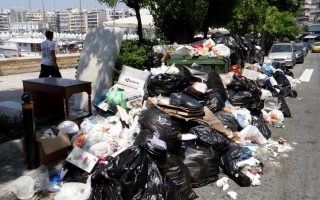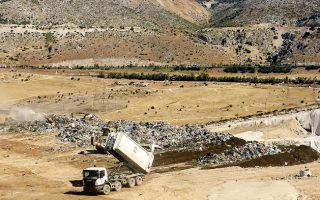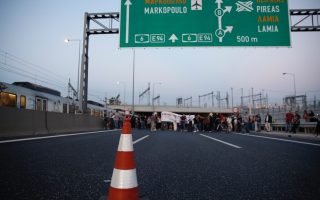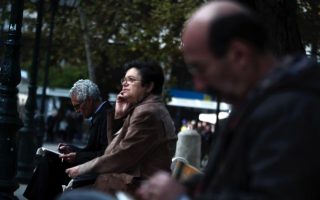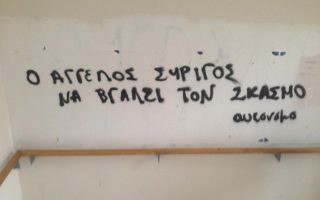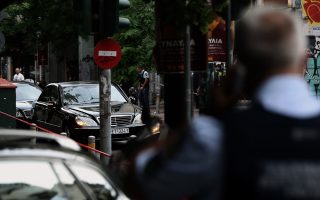Documenta’s gift to Greece
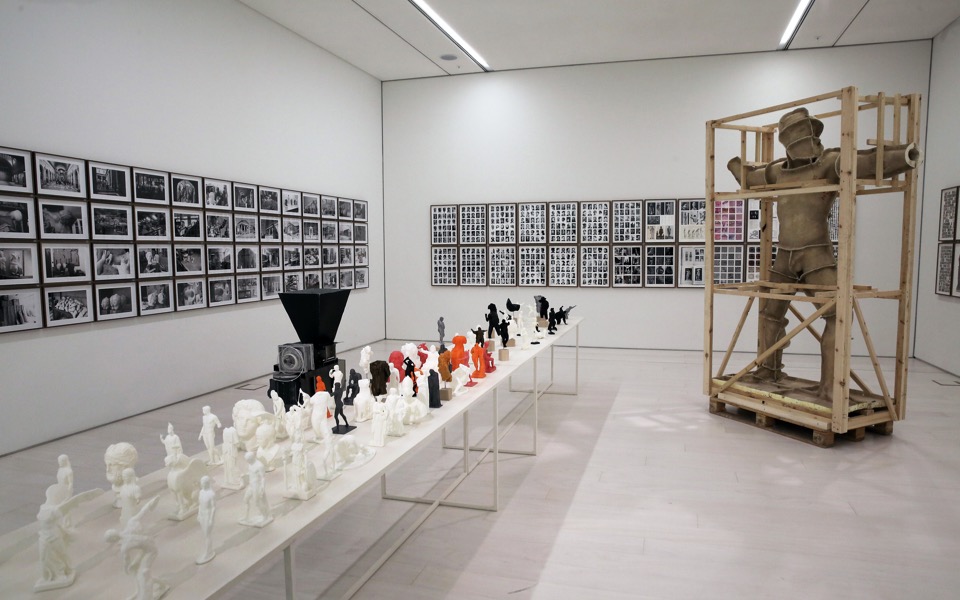
Documenta 14’s 100 days in Athens come to an end on Sunday. The international art event, which is based in Kassel and crossed German borders for the first time in his lengthy history to be cohosted by another European city, provoked waves of antipathy, despair from ideologically diverse camps and ridiculous amounts of criticism, but also praise and acceptance – albeit to a lesser extent.
The event was inaugurated in Athens on April 8 and in Kassel on June 10 in the presence of the two countries’ presidents – Greece’s Prokopis Pavlopoulos and Germany’s Frank-Walter Steinmeier – as well as the cities’ mayors – Giorgos Kaminis and Bertram Hilgen. They all gave speeches full of messages about European unity and about the exhibition’s title, “Learning from Athens.”
The Athens leg of the show saw some 300,000 visitors (more than 50 percent of whom were not Greek) pass through the 40 venues that hosted shows and the Greek capital became a topic of conversation in the discussion about contemporary art rather than because of the debt crisis and poverty for a change.
We could put a full stop here, but if we do, there is so much we won’t have addressed. Such as the mutual hang-ups, both of documenta 14 and the Greek public, as expressed in relation to the crisis, in the stereotypes about “incomprehensible” art and also in the tirades against globalization and bailouts, which inspired a number of works and events.
We would also have failed to mention the most important thing: that Kassel’s documenta and its artistic director, Adam Szymczyk, gave us a very important gift. They put Athens and the contemporary art it produces in the center of global cultural interest and allowed Greek art to travel outside the country’s borders to Kassel. The operative word here is “contemporary,” with all the power, drive, breadth, shortages and weaknesses it entails.
In Kassel, people are talking about Greece in a different way now, thanks to documenta 14. In Athens, however, we remain sour and bitter, trapped in our complex of how others see us instead of questioning how (or even whether) we see others.
The opportunity to bring about change, to do something radical, is being spent on denial that has its roots in an inate conservatism and mentality to reject everything as a matter of course. Even if we failed to understand it or if it bothered is, documenta 14 was an opportunity to make us more open-minded, more inquisitive, more generous and more tolerant. The question is, did it?
